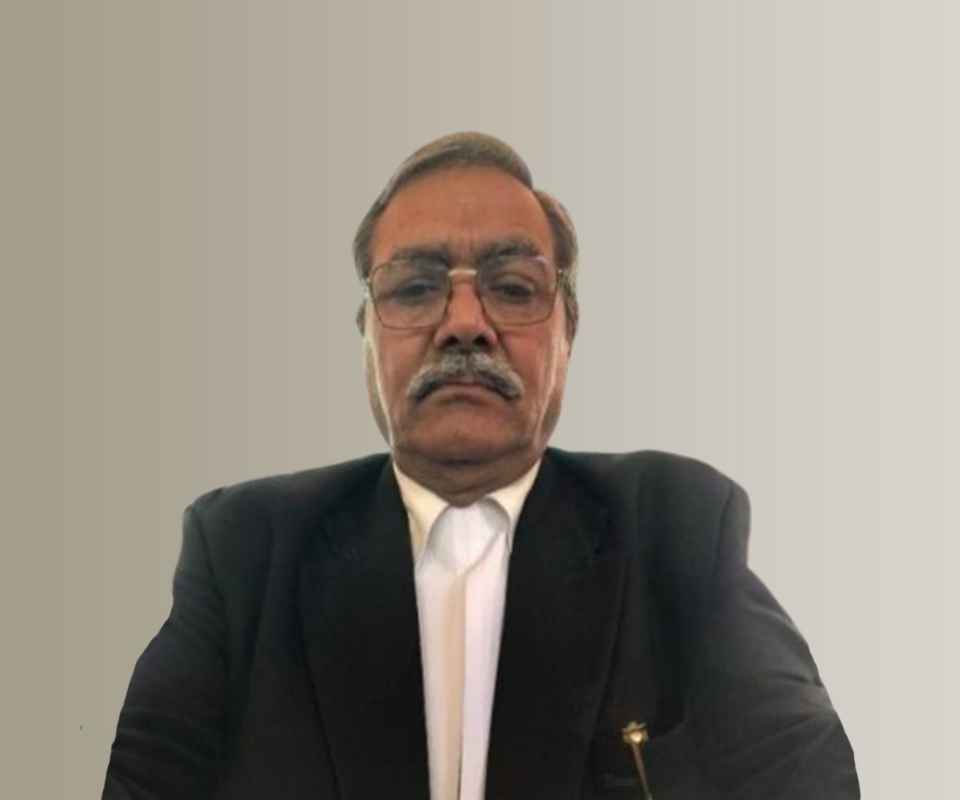Answer By law4u team
When a bank account holder passes away without nominating a beneficiary, the process of transferring the funds to legal heirs becomes more complex. Without a nominee, the bank follows a legal procedure to ensure that the rightful heirs can access the deceased's bank account. The absence of a nominee does not mean the account is unclaimable, but it does require more documentation and legal steps.
Key Consequences and Procedures in the Absence of a Nominee:
Legal Heirs’ Rights:
If there is no nominee designated for the bank account, the legal heirs of the deceased have the right to claim the funds. These heirs are typically defined under the personal laws governing inheritance, such as Hindu Succession Act, Muslim Personal Law, or Indian Succession Act.
The legal heirs must provide proof of their relationship to the deceased, such as a death certificate and other documents verifying their claim to the estate.
Claim Process for Legal Heirs:
Succession Certificate:
The legal heirs may need to obtain a succession certificate from a civil court. This certificate is essential for the legal heirs to prove their entitlement to the deceased's assets.
Letter of Administration:
In some cases, especially when the estate includes immovable property, the court may issue a letter of administration. This is a formal document authorizing the heirs to manage the deceased's estate.
Bank’s Internal Process:
Banks typically require the following documents to process the claim:
- Death Certificate: A certified copy of the death certificate is mandatory.
- Proof of Heirship: Legal documents such as a succession certificate, letter of administration, or a family settlement deed may be required.
- ID Proof and Address Proof of Heirs: The legal heirs must provide their identity and address proof.
- Affidavit: Some banks may ask for an affidavit from the legal heirs stating that they are the rightful successors of the deceased account holder.
Challenges and Delays:
The absence of a nominee may cause delays in the transfer of funds, as the legal heirs must follow a more rigorous process compared to a scenario where a nominee is present.
If multiple legal heirs claim the funds, disputes may arise. In such cases, the court may need to intervene, further extending the time required to release the funds.
Distribution of Funds:
In the absence of a nominee, the funds will be distributed according to the law of inheritance that applies to the deceased’s religion or personal law. For example, in a Hindu family, the funds may be distributed among the children, spouse, and parents of the deceased according to the Hindu Succession Act.
If there is no clear will, the intestate succession laws will govern the distribution of assets, which may involve a more complicated legal procedure.
No Nominee for Joint Accounts:
In joint accounts, the situation can be different. If the account is a joint account with right of survivorship, the surviving account holder may automatically take control of the account. However, if the joint account lacks this clause, the legal heirs of the deceased joint account holder may need to go through the formal claim process.
Probate Process:
If the deceased account holder left behind a will, the will must be probated in the court. The probate process verifies the validity of the will, and once it is probated, the assets, including the bank account, are distributed according to the terms of the will.
If there is no will, the estate will be handled according to intestate succession laws, which may involve legal heirs submitting documents to the bank to claim the funds.
How to Avoid Complications in the Future:
Nominate a Beneficiary:
It is highly recommended to nominate a beneficiary for your bank accounts to avoid complications for your heirs in case of your demise. This ensures that the funds pass directly to the nominee without legal proceedings.
The nomination process is simple and can be done through a bank’s official forms. It can be updated at any time, and multiple nominees can be designated as well.
Prepare a Will:
Having a will that clearly states who should inherit your assets, including bank accounts, will simplify the process for your heirs.
A will can bypass some of the legal hurdles that might arise in the absence of a nominee.
Provide Access Information:
Ensure that your family members or heirs are aware of your bank account details, including the account number and the bank branch. You can also provide them with access to your passwords and PIN numbers if you feel comfortable doing so.
Example:
If a person, Mr. Patel, passes away without a nominee on his savings account, his son, who is his legal heir, will need to approach the bank with the death certificate, succession certificate, and proof of relationship. The bank will verify the documents, and upon confirmation, the son will be able to access the funds in the account. However, this process may take time due to the legal formalities.







